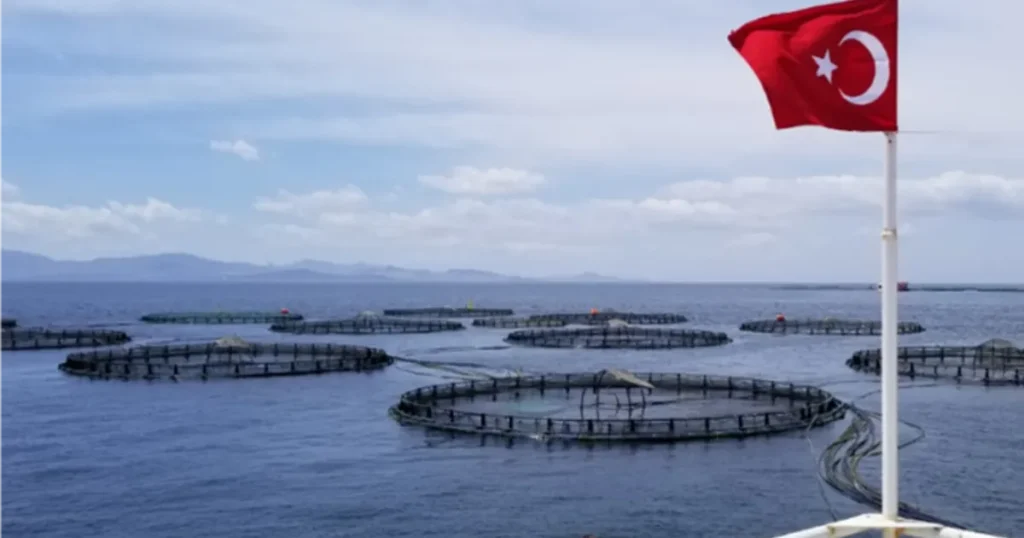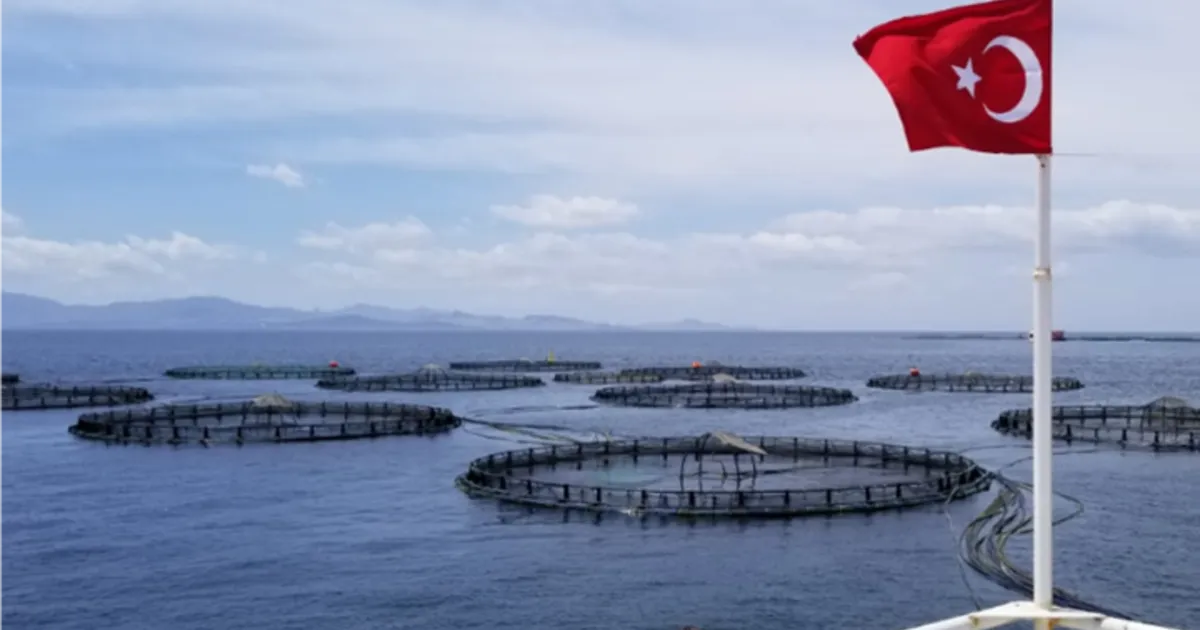Salmon farming in Turkey typically involves the cultivation of Atlantic salmon (Salmo salar), which is not native to Turkish waters. These farming operations are often located in controlled environments such as fish farms or aquaculture facilities. Here are some key points about salmon farming in Turkey.

- Aquaculture Practices: Salmon farming in Turkey relies on aquaculture practices, where salmon are bred and raised in controlled conditions. This allows for better monitoring of water quality, feed, and other environmental factors.
- Locations: Salmon farms in Turkey are often located in areas with suitable water conditions, such as cool and clean coastal waters. These farms may be situated along the Aegean or Mediterranean coasts, taking advantage of the proximity to these seas.
- Importance of Quality Standards: Salmon farming operations in Turkey adhere to strict quality standards to ensure the health and well-being of the fish. This includes monitoring the water quality, controlling the feed, and preventing the spread of diseases within the farms.
- Export Market: Turkish salmon farming contributes to the production of salmon for both domestic consumption and export. The demand for salmon, known for its nutritional value and omega-3 fatty acids, has led to the development of the salmon farming industry in Turkey.
- Economic Impact: Salmon farming can have a positive economic impact by creating jobs, supporting local economies, and contributing to the country’s seafood industry.
It’s important to note that the information provided is based on the situation as of January 2022, and there may have been developments or changes in the Turkish salmon farming industry since then. For the most up-to-date and detailed information, it is recommended to consult with relevant government agencies, fisheries departments, or industry associations in Turkey.

